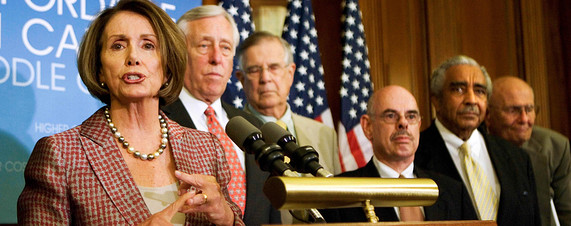W2R
Moderator Emeritus
UncleMick, I think just about all of our past insurance commissioners have done time in jail!  The insurance mess down here is just one more motivation to move north, as you have done.
The insurance mess down here is just one more motivation to move north, as you have done.
 The insurance mess down here is just one more motivation to move north, as you have done.
The insurance mess down here is just one more motivation to move north, as you have done.
Last edited:

